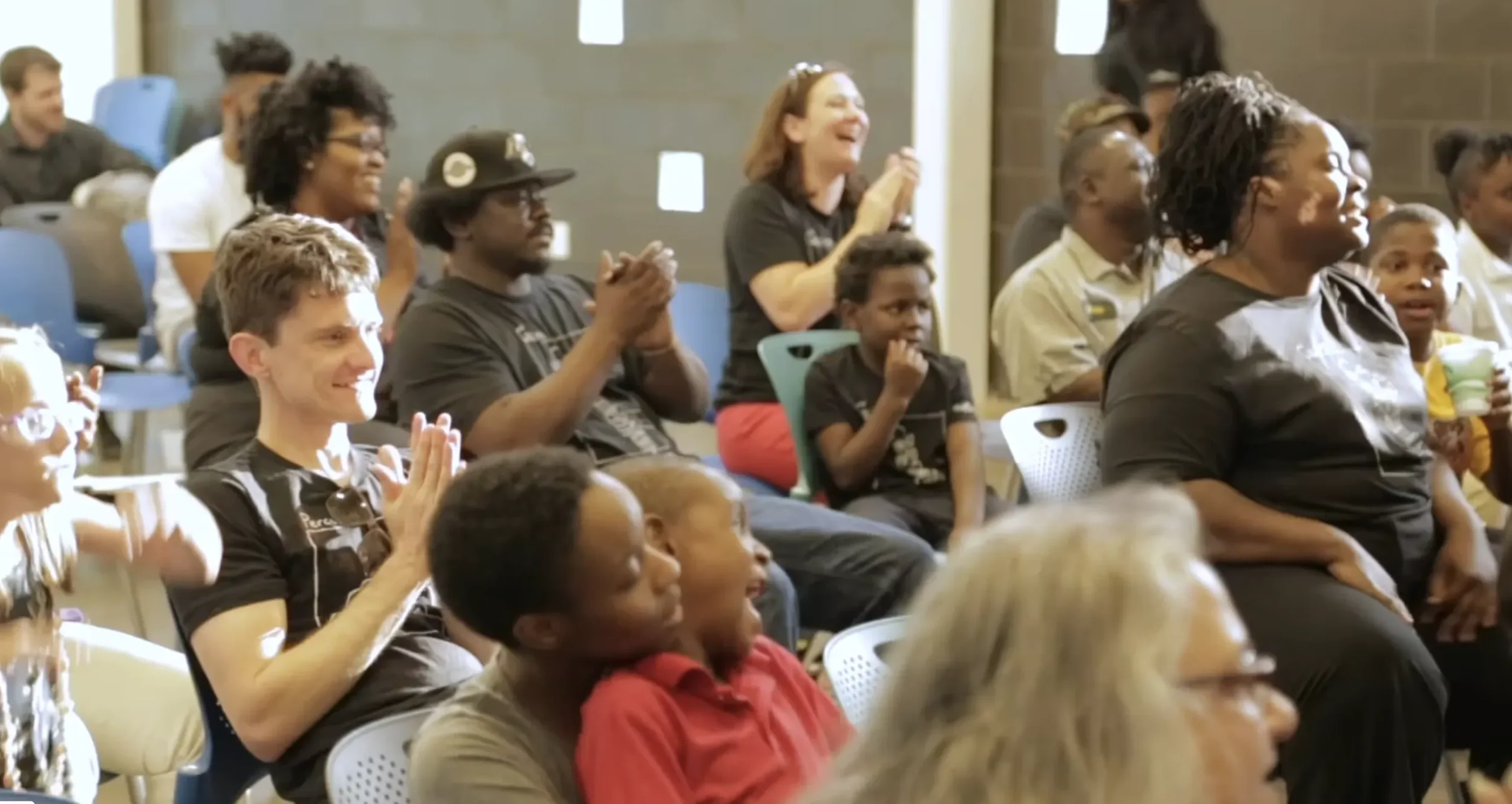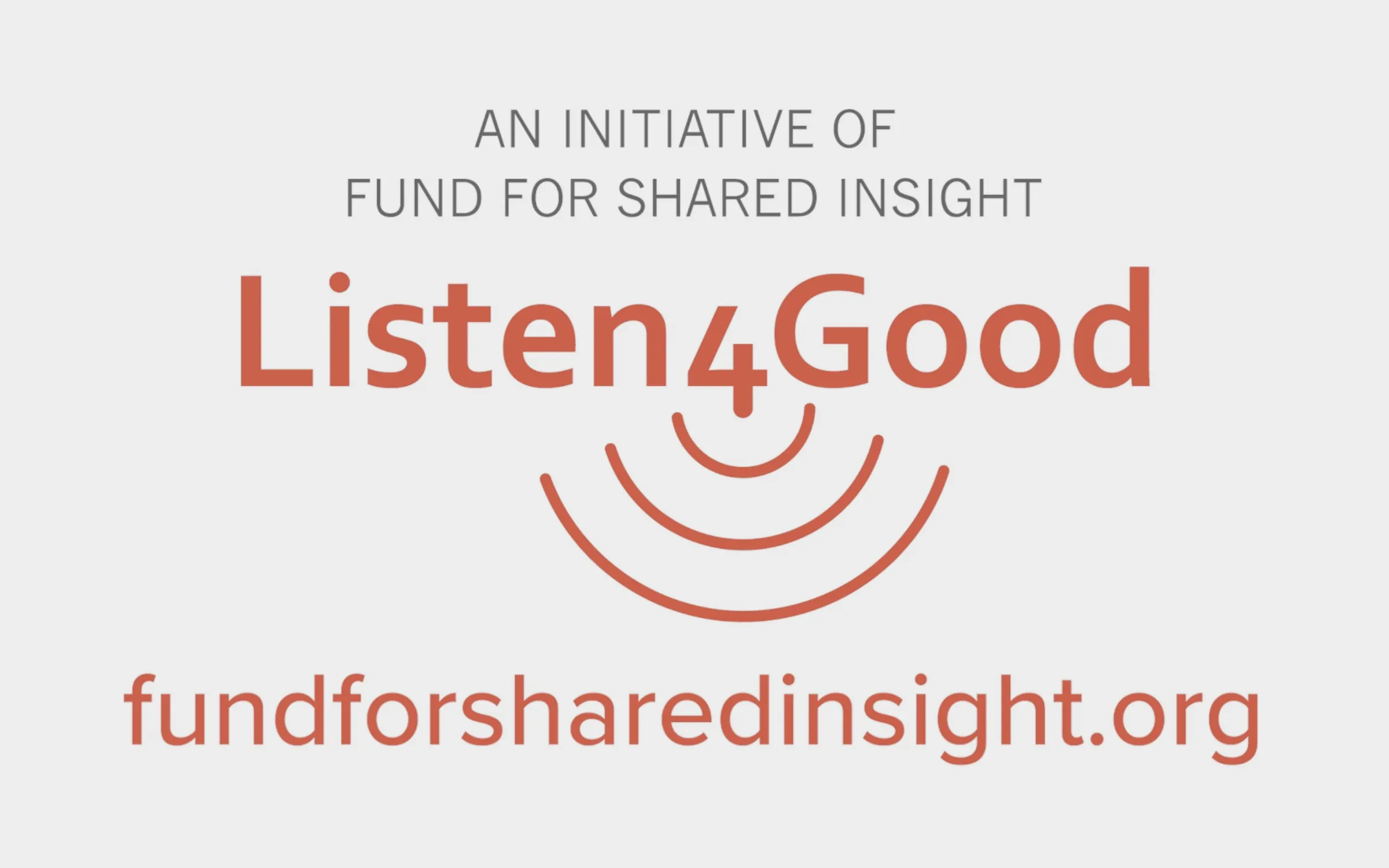In the social services world, feedback has long been a pain point. We often don’t have the time or money to build formal feedback loops into program administration, and we usually gather it from written surveys and informal conversations. The problem is, the forms get filed away in a drawer and the feedback is biased.
When faced with the possibility of losing something you desperately need, whether it’s a bed, a meal, or benefits, people are often fearful of giving frank and honest feedback.
But what if there was a way to we could gather feedback in an unbiased way? And what if we could use this information to benchmark and improve our services, both at an organizational and system-wide scale?
This is the approach behind Streetlives, a community-built platform that will enable people to easily find, rate and recommend social services across New York City. We’re co-designing this ‘Yelp for social services’ with people who are homeless or in poverty, and service providers and funders, to make sure our product is embraced and utilized.
There is a lot of work to be done to get service providers and funders comfortable with such a public feedback loop, which is why we, and our partners, always try to keep these things top of mind:
- Put people first. Always. We say we put our clients first, and we mean it. We start by asking how they want to give feedback. Don’t like giant written surveys? No problem, we’ll make it quick and easy online. English as a second language? Okay, use voice to text or your native language. Don’t feel comfortable putting your name to it? That’s understandable, you don’t have to.
- Work at the speed of inclusion. I’m borrowing a line from Laurenellen McCann’s great article, Building community and engagement around data, here. We need to properly engage everyone (clients, service providers and funders), and this takes time. Listening to everyone, identifying gaps and learning what is the most appropriate path forward is critical. But it’s going to take longer than we want.
- Be prepared. We all need to take a leap into the unknown, keep asking questions (feedback loops are loops for a reason) and get things wrong. But we can be prepared for this – by learning from what others have done, making sure our communication is open and honest, and by having processes in place.
By doing these three things we can all develop feedback loops that work, and that ultimately help us build better programs that respond to the needs of the people we serve. It just takes time.

As a policy, digital strategy, and marketing professional, Liz has dedicated her career to building a more sustainable and inclusive community. Specializing in civic technology, she works at the junction of the nonprofit, government and business worlds on issues such as homelessness, family violence, mental health and sustainability. She believes that we work best when we work together. Liz is currently the Project Manager of Streetlives and Entrepreneur in Residence at New York civic technology hub, Civic Hall.




